Minerals are important in the body for growth, reproduction, and maintenance of health. In a way, the body can be seen as a camera, with minerals as the focus button. While you can still take pictures without using the focus button, they will probably not come out very well. The body needs minerals to function optimally and specifically, many minerals support reproduction. The interaction between minerals and reproduction has important implications in reproductive performance, so ensuring that optimal levels are fed, should be a priority.
A tell-tale sign that something is wrong is when pregnancy rates are low. After doing a thorough investigation to determine that this is not due to a disease (vibriosis or brucellosis) or due to gross nutritional deficiencies (low energy or low phosphorus), the veterinarian can move on to trace mineral deficiencies. Deficiencies in most trace minerals cause symptoms such as low conception rates, early embryonic deaths, and suboptimal semen quality.
Zinc
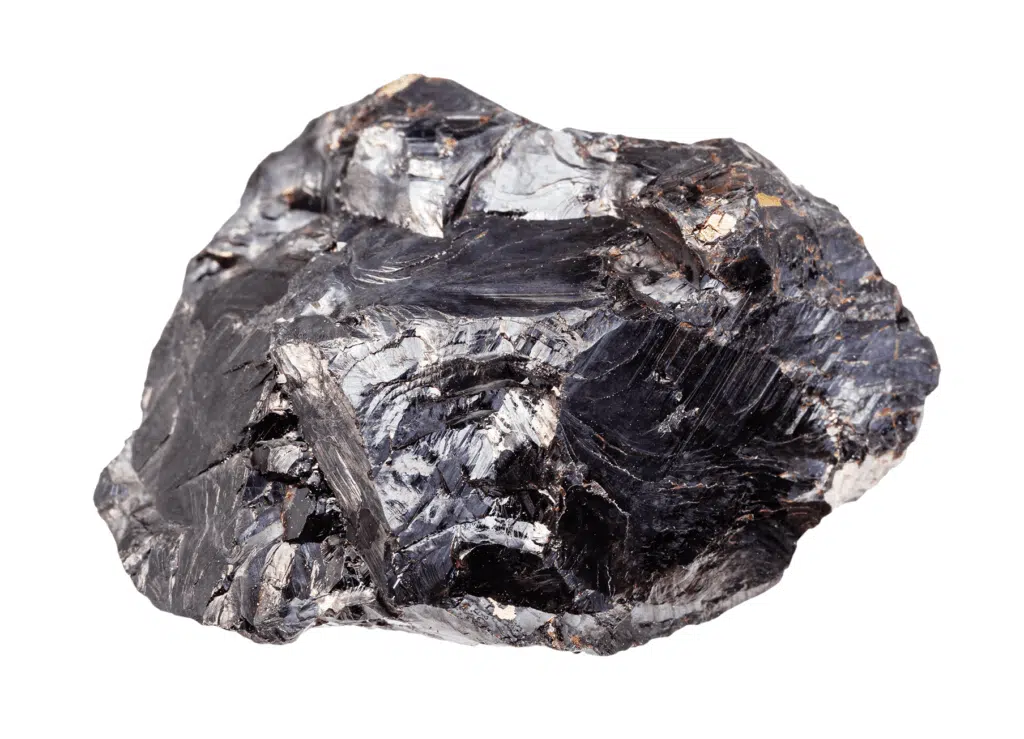
Zinc is the only mineral that is part of the process in all six enzyme classes in the animal. Zinc supplementation in males increases ejaculate volume, as well as the percentage of live and motile sperm. A zinc deficiency will result in atrophy of the seminiferous tubules, thus influencing sperm development. In females, zinc plays a vital role in epithelial integrity and, therefore, uterine lining maintenance and post-partum repair. Zinc is required daily to prepare the body for fertilisation, contributing to oocyte development and maturation. Oocyte development is very sensitive to zinc deficiencies. When zinc is supplemented post-fertilisation, embryo quality improves. Improved zinc status also plays an indirect role in fertility by improving hoof health and, thus, the willingness of females to show heat and males to mount.
Manganese
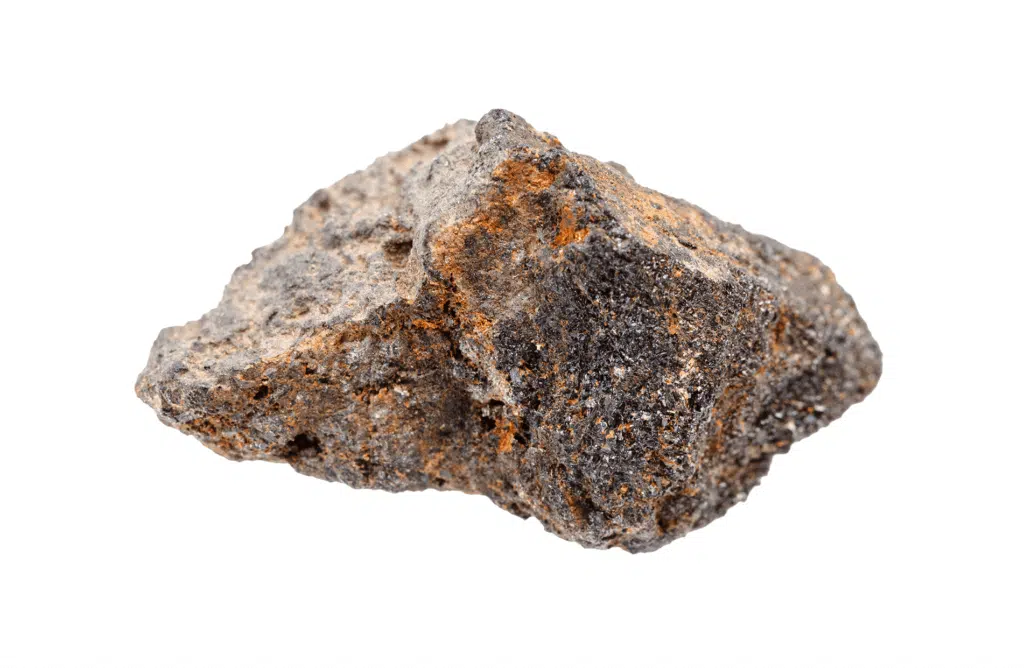
Manganese is the second trace mineral that has a significant influence on reproduction. It acts as an activator of enzymes that are part of the antioxidant and protein digestion systems. Manganese is needed for proper cholesterol synthesis, which, in turn, is needed for the production of sex hormones, including oestrogen, progesterone, and testosterone. Manganese-deficient females will show minimal or weak standing heat signs. A manganese deficiency can also lead to a change in the ratio of female to male offspring. The corpus luteum contains high levels of manganese, playing a role in the success of pregnancy maintenance and embryonic growth. Manganese-deficient animals may give birth to dwarfed and malformed offspring.
Selenium
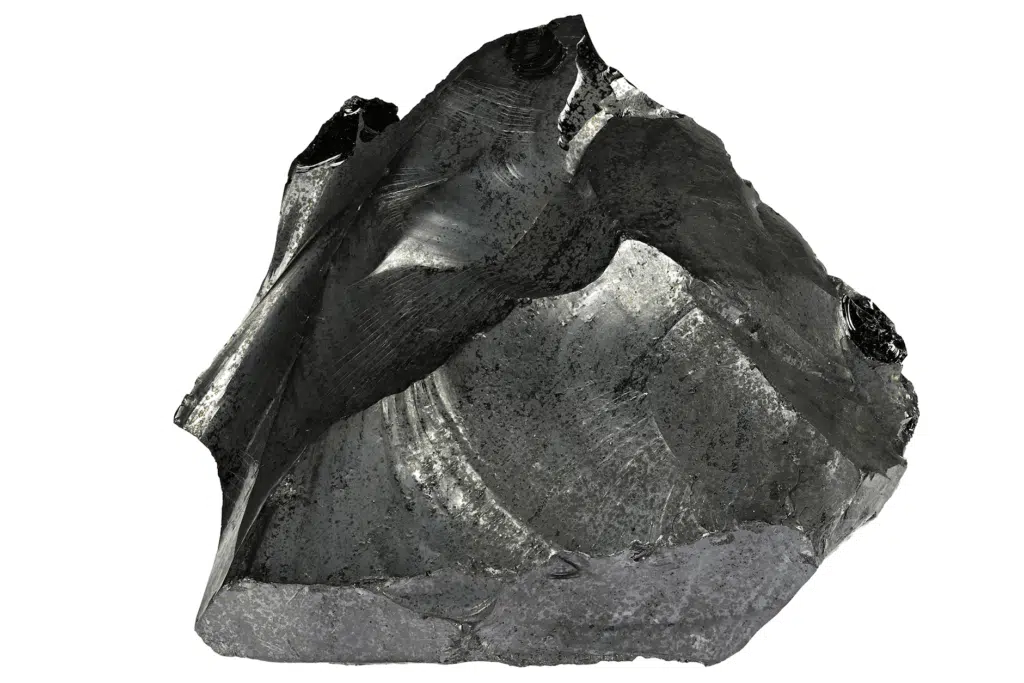
Selenium is important for sperm development as it improves the antioxidant status of males. Optimal selenium supplementation will ensure semen quality and protection of sperm against oxidative stress. In females, marginally low selenium causes retained placentas (up to 20%), early embryonic losses, and weak offspring that show symptoms of white muscle disease. Selenium deficiencies may also reduce follicular cell proliferation, and thus ovulation rates.
Copper
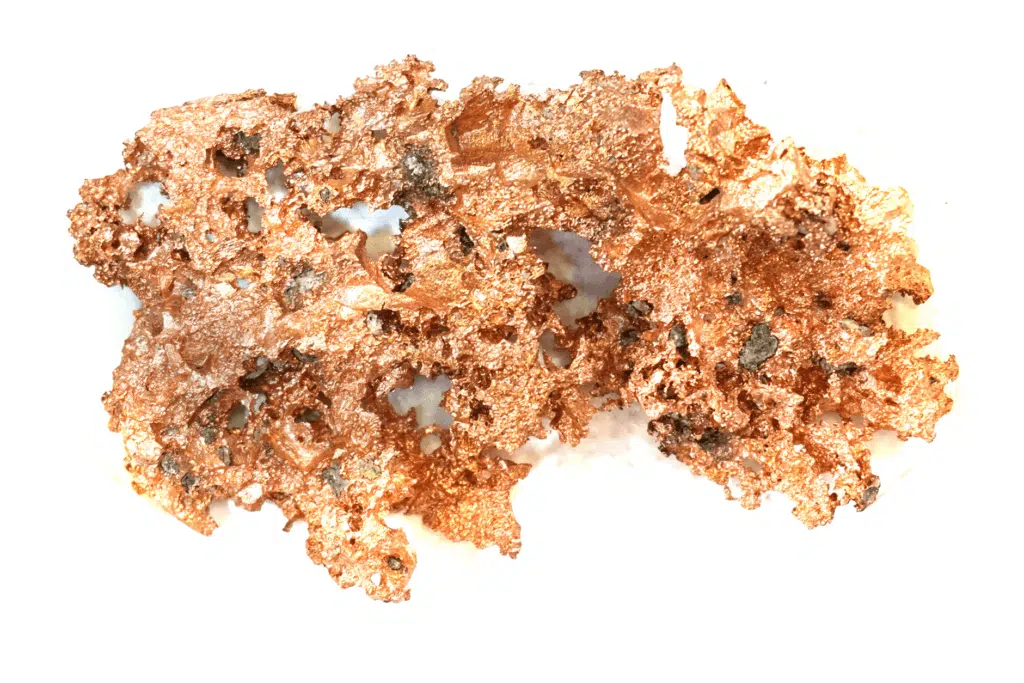
Copper is a necessary component of a few enzymes that are linked to reproduction. Copper supplementation in deficient animals shows direct effects on semen quality and conception rates. The correlation between copper and reproduction is due to the involvement of copper in antioxidant enzymes. These enzymes protect the animal against bacterial infections, eliminate free radicals, and increase the structural strength of tissue. Copper is required for oocyte and embryo viability and, thus, increases the chances of pregnancy retention. However, copper must be used carefully, as oversupplementation can negatively affect oocyte viability. Foetal copper requirements during the last trimester increase exponentially to support foetal growth and development. The foetus will rely on maternal copper for this purpose.
Other
Other minerals support reproduction indirectly. Iodine is part of normal thyroid functioning that influences oestrus and normal development of foetuses. Cobalt is a structural component of vitamin B12 that, in turn, plays a role in fibre digestion. Vitamin B12 is also required for the conversion of propionate to glucose that is needed for the foetus. A recent sheep study showed that animals supplemented with cobalt prior to embryo collection exhibited a better response to the superovulation protocol as well as higher grade embryos. Supplemented animals also showed faster post-partum involution compared to deficient animals. Last, but not least, is chromium, which potentiates the action of insulin. This ensures the proper glucose metabolism needed for the animal to be in a positive energy balance to reproduce. It also lowers the levels of cortisol, allowing the body to be in a receptive state for reproduction.
Conclusion
It is clear to see that trace minerals support reproduction, whether directly or indirectly. To ensure maximal reproductive performance, farmers should supplement a balanced feed with optimal mineral levels. This will ensure that the camera is able to focus to take the best picture possible!
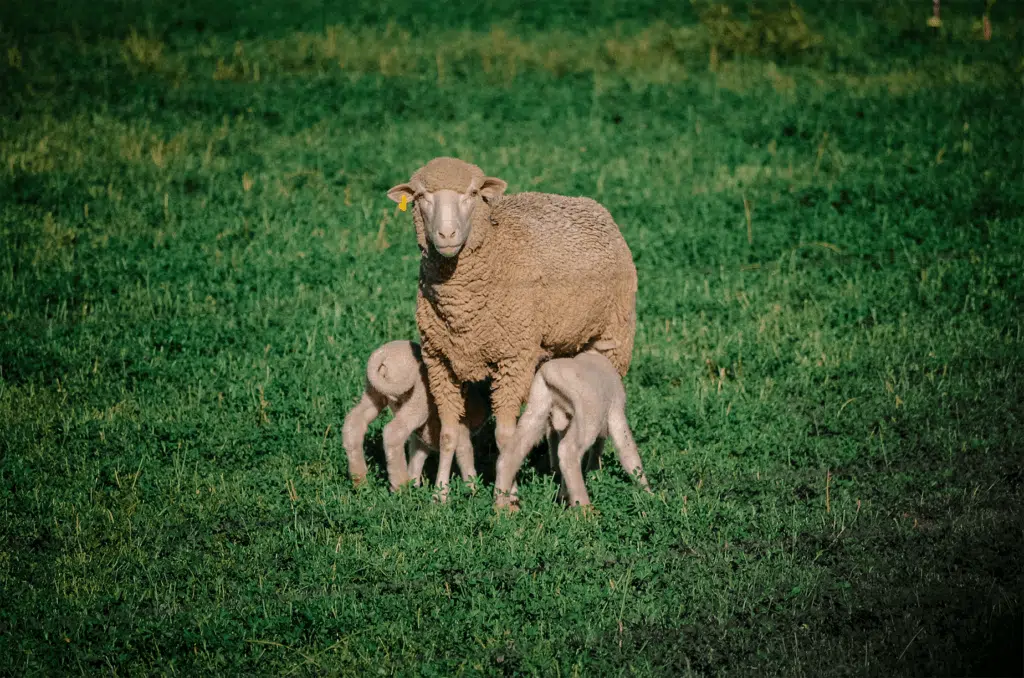
You can download the original article in English, as published in Volume 10 Number 2 • 2022 | Wolboer/Wool Farmer here, or you can find the entire issue here.
Anri Strauss is a scientific adviser in the ruminant team at Chemuniqué, holding a master’s degree in nutrition from the University of Pretoria. She grew up on a farm and still lives in the Free State, where she and her husband also farm with Boer goats.
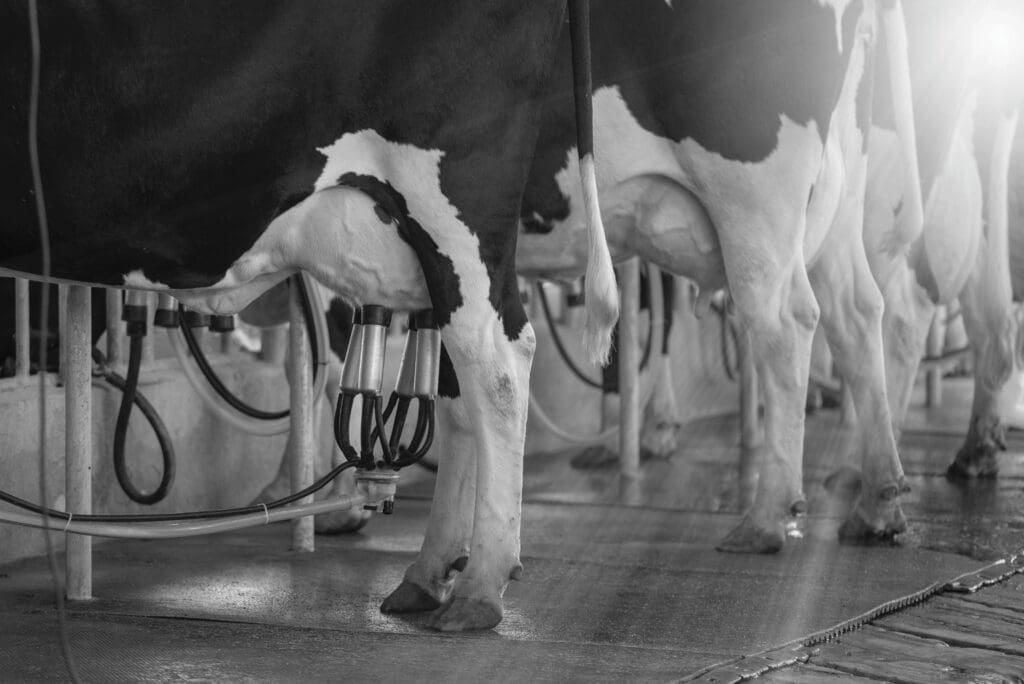


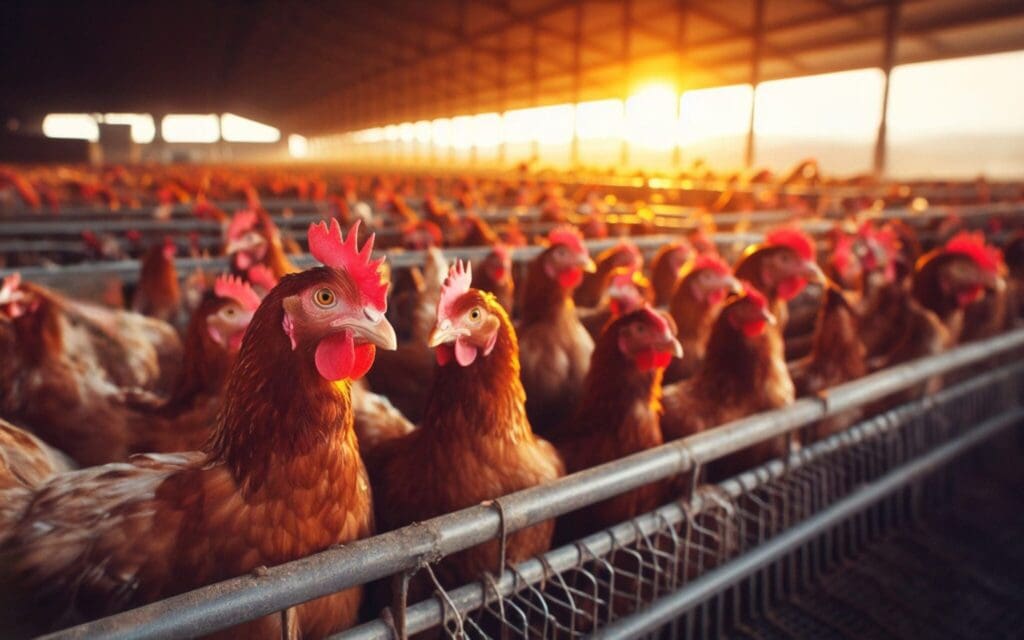
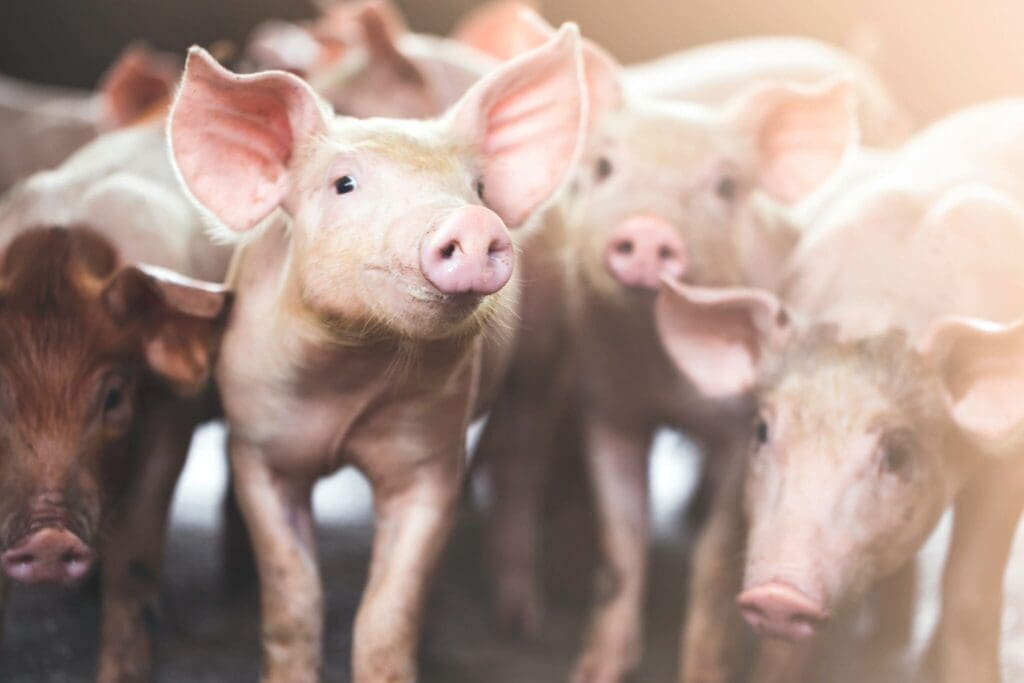
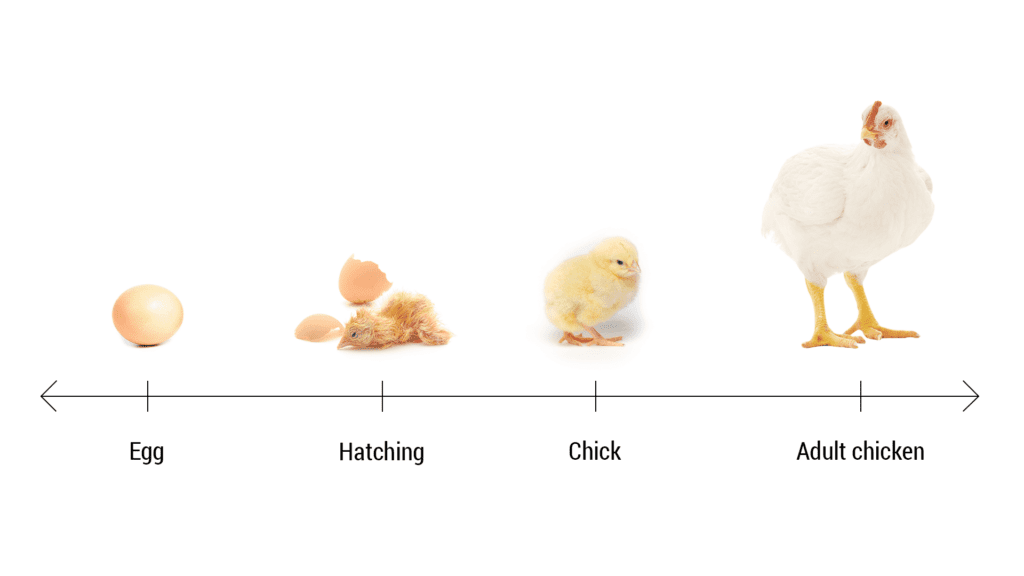

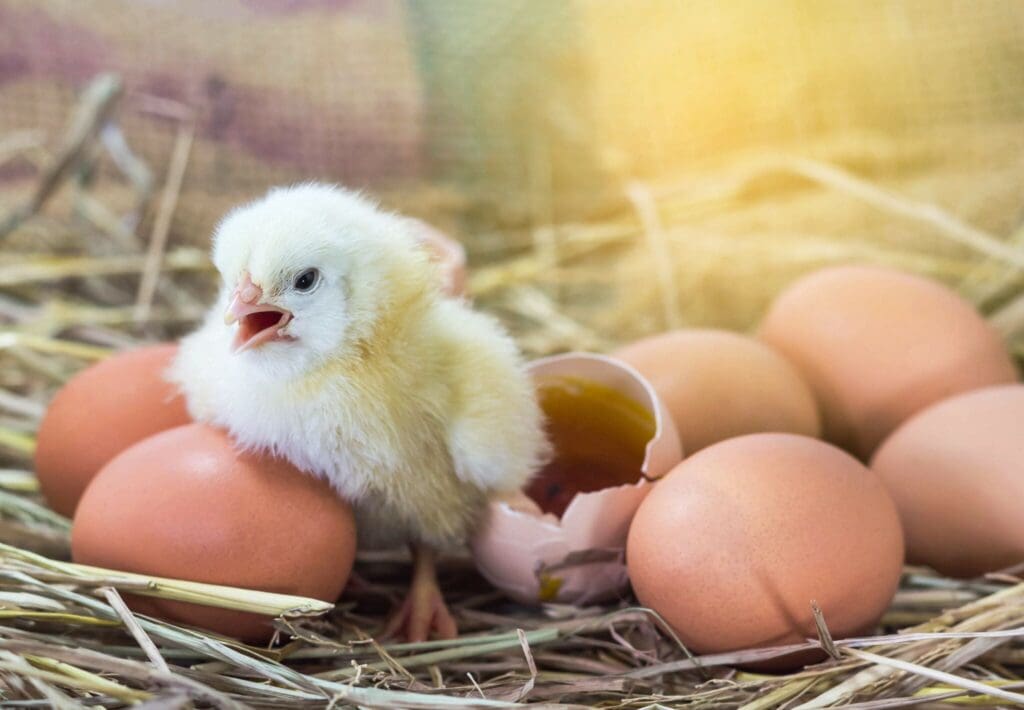

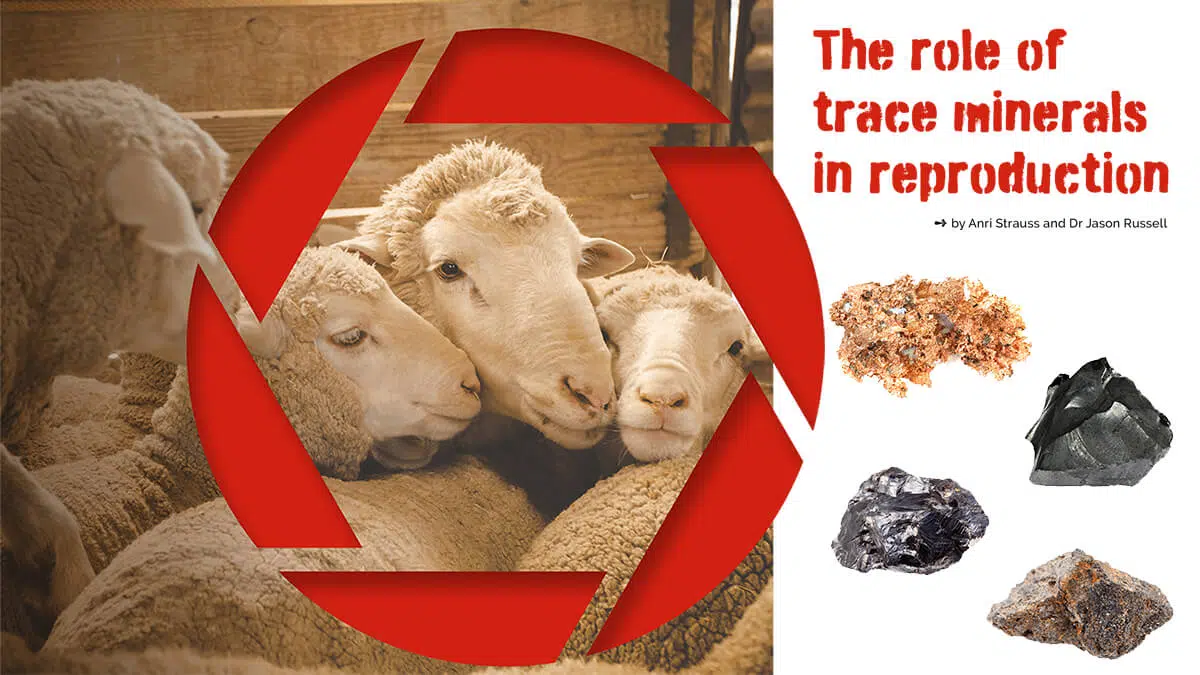

Nice article, thanks, Anri.
Very enriching knowledge!
Thanks Anri.